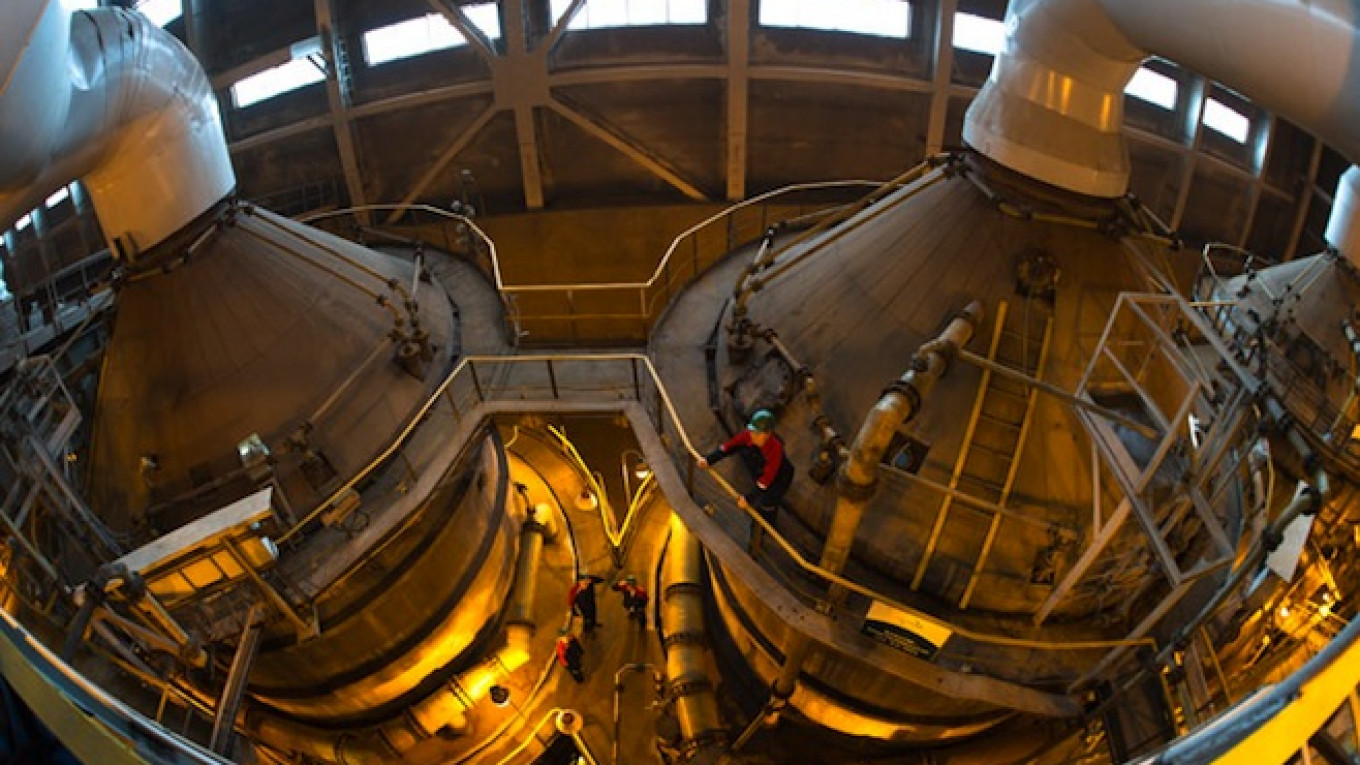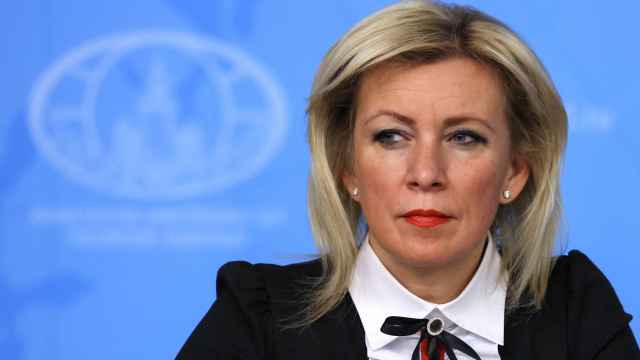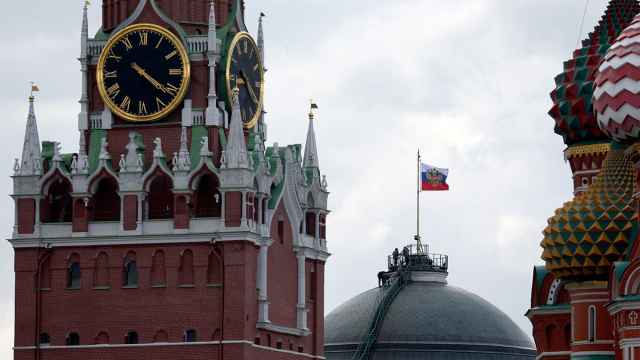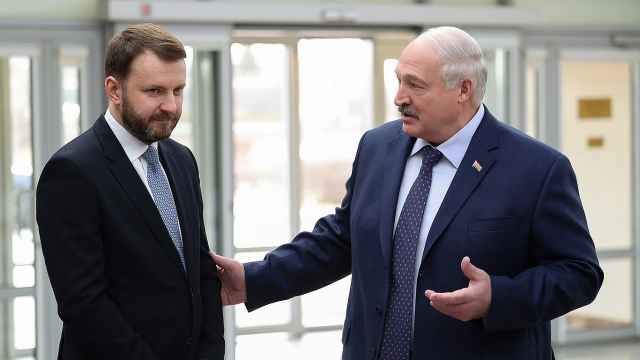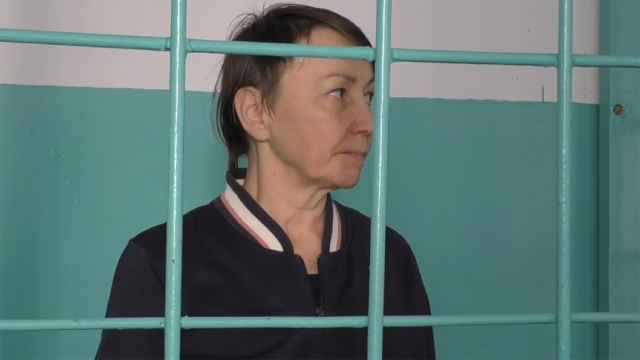Russia's Uralkali, the world's largest potash producer, said it could increase the price for a new 2015 supply contract with China by 10 percent, as it steps up efforts to restore prices to levels seen before last year's slump.
Global potash prices fell sharply after Uralkali quit a powerful trading alliance with Belarus in July 2013, sparking competition among producers who had previously maintained price discipline.
"Traditionally, China's market, which is set to consume 12 million tons of potash this year, is a growth driver," Oleg Petrov, Uralkali's head of sales, told Reuters. "The estimated price may exceed the current contract price by 10 percent."
China is the world's largest potash consumer whose contracts are seen as a benchmark by the bulk of market participants. Currently, Uralkali has a contract to supply China with 700,000 tons of the soil nutrient at $305 per ton on a cost-and-freight basis.
Negotiations over the new contract are expected to start this autumn and to end by January 2015, Petrov said. He declined to comment on the volume of future supplies.
A 10 percent increase in the 2015 contract price would still leave prices far behind the $400-per-ton level, at which Uralkali had been supplying potash to China in the first half of 2013, before the collapse of its trading alliance.
However, a new Chinese contract should stimulate growth in consumption and global potash deliveries are expected to reach 60 million tons in 2015, up 2 million tons from 2014, Uralkali said.
Its withdrawal from the Belarus trading venture, which controlled 40 percent of the $20 billion global market for the fertilizer, left a group called Canpotex — owned by Potash Corp of Saskatchewan, Mosaic Co and Agrium — as the world's top export group.
Potash Corp said last week it had a strong potash order book from U.S. buyers for the second half, and Canpotex was fully committed through the third quarter with China driving some of the renewed potash demand.
See also:
A Message from The Moscow Times:
Dear readers,
We are facing unprecedented challenges. Russia's Prosecutor General's Office has designated The Moscow Times as an "undesirable" organization, criminalizing our work and putting our staff at risk of prosecution. This follows our earlier unjust labeling as a "foreign agent."
These actions are direct attempts to silence independent journalism in Russia. The authorities claim our work "discredits the decisions of the Russian leadership." We see things differently: we strive to provide accurate, unbiased reporting on Russia.
We, the journalists of The Moscow Times, refuse to be silenced. But to continue our work, we need your help.
Your support, no matter how small, makes a world of difference. If you can, please support us monthly starting from just $2. It's quick to set up, and every contribution makes a significant impact.
By supporting The Moscow Times, you're defending open, independent journalism in the face of repression. Thank you for standing with us.
Remind me later.


